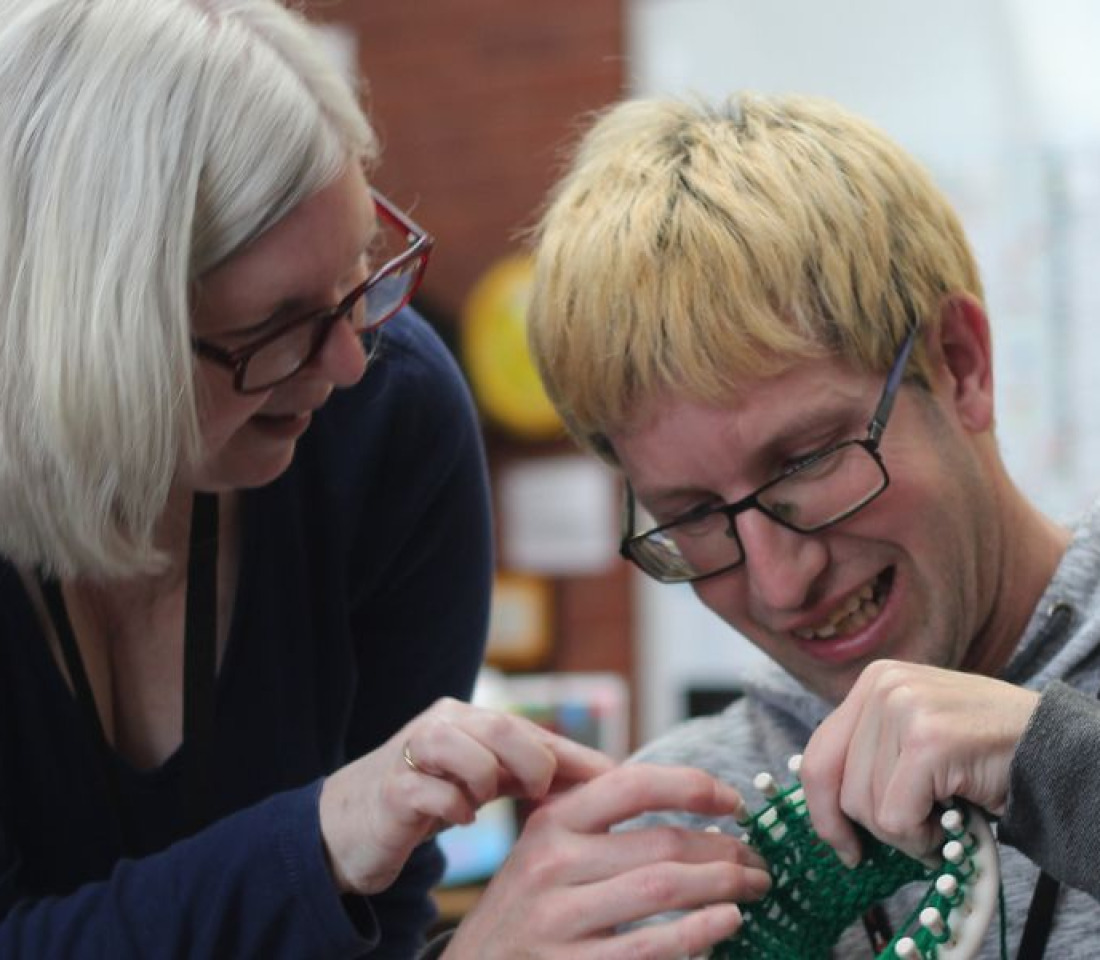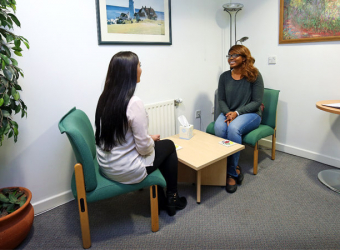What is poliomyelitis?
Poliomyelitis is a very rare, but serious infection caused by the polio virus.
Thanks to mass vaccination, polio has been almost eradicated in the UK.
If you’re not vaccinated, you could still catch it when travelling to countries where polio is more common.
What causes poliomyelitis?
Poliomyelitis is caused by the poliovirus, which means it can spread from person to person. It is spread through infected faeces or through coughs or sneezes.
The virus can live on food or drink prepared by someone who’s infected, so good hand hygiene is very important.
What are the symptoms of poliomyelitis?
The majority of people infected with the polio virus won’t have any symptoms, but some may experience a flu-like illness, which can include:
- A high temperature
- A sore throat
- Headache
- Abdominal pain
- Achy muscles
- Nausea and being sick
In a small number of cases poliomyelitis can affect the brain and spinal cord, which can cause:
- Pins and needles in the legs, which is known as paraesthesia
- Meningitis – an infection of the spinal cord or brain
- Paralysis – this is not usually permanent, with movements returning over weeks or months
Occasionally, poliomyelitis can result in lasting symptoms, such as:
- Muscle weakness
- Shrinking of the muscles, which is known as atrophy
- Tight joints – known as contractures
- Deformities – such as twisted feet or legs
Some people who have had polio in the past may develop new symptoms many years later – this is known as post-polio syndrome (PPS). There is no cure, but treatments can help manage symptoms, which include:
- Fatigue – including muscle tiredness and lack of mental alertness
- Joint pain
- Mobility problems
- Muscle weakness
- Breathing difficulties and swallowing problems – due to weakened muscles in those areas.
If you, or someone you know has had polio before, it’s important to get these symptoms checked to receive the right support as soon as possible.
Find out below how we can support you or your loved one to live well with PPS.
















